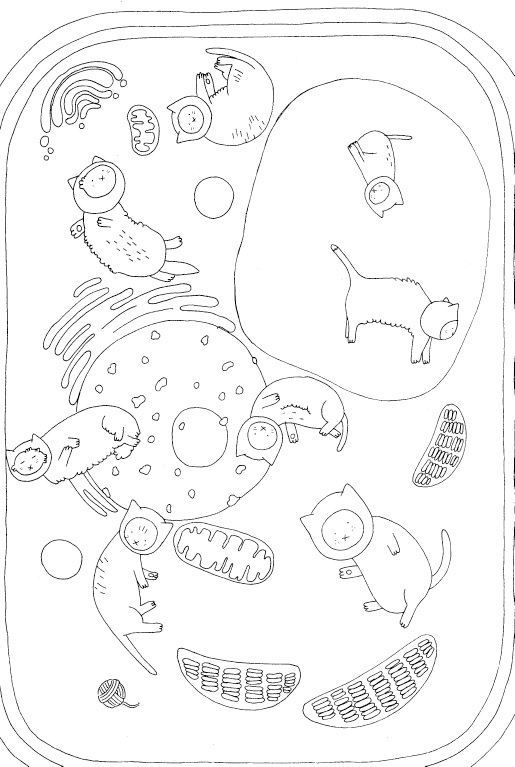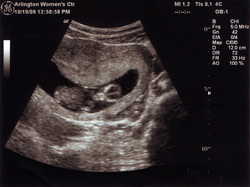Three-Person DNA is a process whereby mitochondrial DNA (mtDNA) is removed from the genetic mother's egg and replaced with mtDNA from a donor's egg. This egg is fertilized with sperm to create an embryo. This process potentially has the ability to allow women with certain diseases which are inherited through mtDNA to pass on some of their genetic information without passing on the disease. Currently, about fifty genetic diseases are known to be passed on through a mother's mtDNA.
So, when there is such potential benefit to this therapy, why aren't we even having this discussion in Canada? Because it is very likely illegal. Pursuant to the always problematic Assisted Human Reproduction Act (the "AHRA"), section 5 (f) prohibits any person from knowingly altering "...the genome of a cell of a human being or in vitro embryo such that the alteration is capable of being transmitted to descendants." Of course, the entire purpose of Three-Person IVF is to alter the sex cell of the mother so that such alteration is inherited, and not the cell with the inheritable disease. In Canada, this is currently punishable by up to ten years in jail (!), and/or a $500,000 fine.
This is just another example of how the AHRA is failing us. The potential benefits, safety, and ethical implications ought to be debated and investigated, rather than silenced without so much as a whisper by a law enacted in another time.







 RSS Feed
RSS Feed